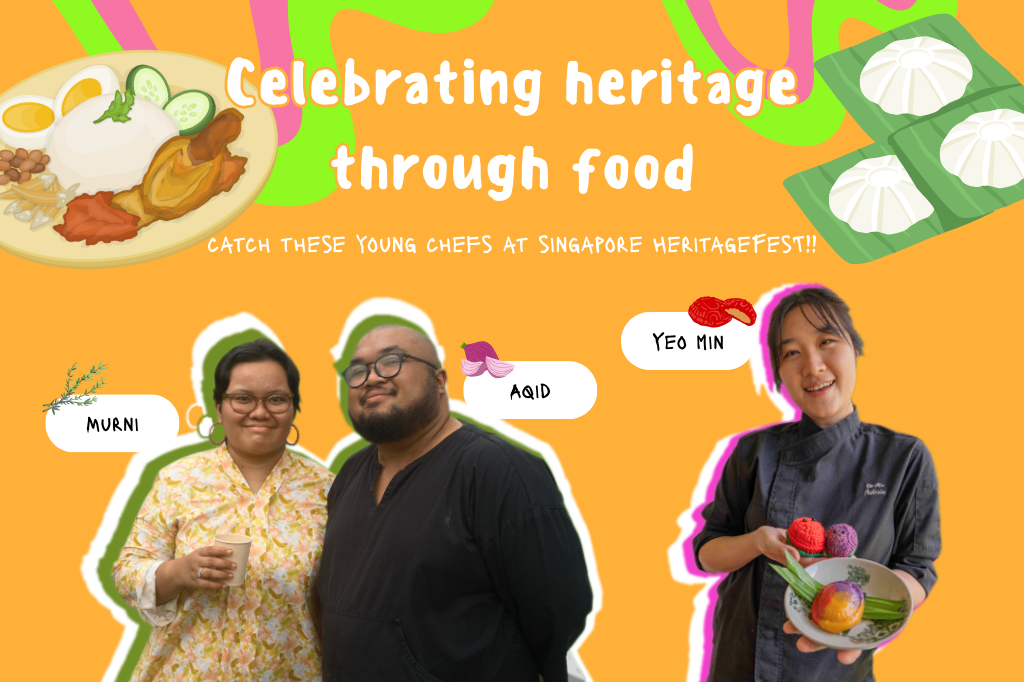Joy Yuan: I'm Vegan, So What?
Choosing to live a life free of animal products is not a fad for Joy Yuan. While it seems to upset some, this vegan chef-blogger just hopes to help others enjoy the plant-based life.
- 3 Nov 2022
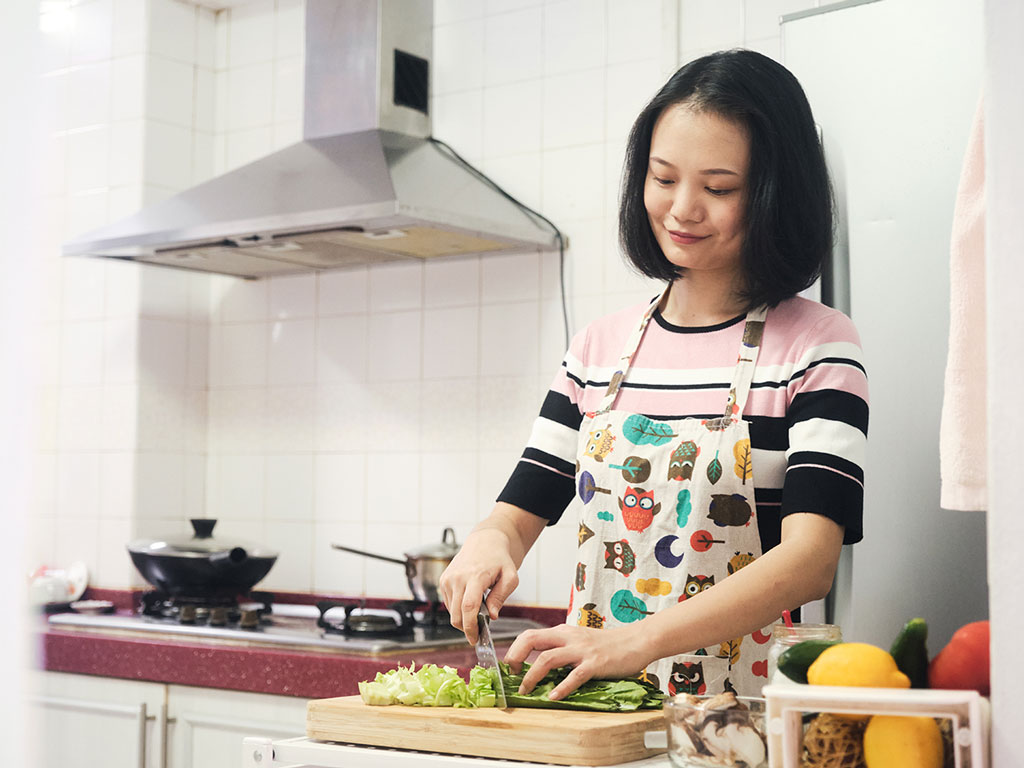
Joy Yuan was a vegetarian who decided to go vegan – and hasn’t looked back. While she does get the occasional hate mail, most people are curious about what she eats and cooks.
Joy Yuan grew up in a family of chefs. Not chefs in restaurants, but a family that takes food seriously and believes in the value of making good, healthy food at home. Raised a vegetarian, Joy chose to go vegan more than a decade ago.
This 30-year-old home-chef and foodie has spent years documenting her life as a vegan in Southeast Asia. On her blog and Instagram account, Joy shares her favourite vegan restaurants, recipes and even vegan travel tips. In 2020, Joy published her first cookbook, More Than Veggies. It contains alternative plant-based recipes for some famous Singapore dishes such as char siew (barbecued pork), kway chap (a Teochew dish that has rice sheets in a dark soy sauce-based broth, and an assortment of pig offal, eggs, tofu and fried bean curd) and even kaya (a jam made with coconut and eggs) .
To Joy, having a plant-based diet in a food haven like Singapore is not just possible, but normal and easy. While she has found it more challenging while travelling in countries like the Philippines, famous for fried chicken and pork knuckles, she always manages to find a way.
We find out more about her life as a vegan.
This 30-year-old home-chef and foodie has spent years documenting her life as a vegan in Southeast Asia. On her blog and Instagram account, Joy shares her favourite vegan restaurants, recipes and even vegan travel tips. In 2020, Joy published her first cookbook, More Than Veggies. It contains alternative plant-based recipes for some famous Singapore dishes such as char siew (barbecued pork), kway chap (a Teochew dish that has rice sheets in a dark soy sauce-based broth, and an assortment of pig offal, eggs, tofu and fried bean curd) and even kaya (a jam made with coconut and eggs) .
To Joy, having a plant-based diet in a food haven like Singapore is not just possible, but normal and easy. While she has found it more challenging while travelling in countries like the Philippines, famous for fried chicken and pork knuckles, she always manages to find a way.
We find out more about her life as a vegan.
What are your childhood memories of food?
Joy: My parents migrated here from the northern part of China when I was three years old. The food I had at home and the food I had outside were very different. I got the best of both worlds. At home, I could eat things like dumplings, different kinds of savoury pancakes, buns and all that. While (outside), we would have hawker food. I think it is also because of my parents’ culture. They believe that parents must try to cook at home as much as possible so that their children grow up healthy. As a result, in my childhood, there was a lot of delicious food.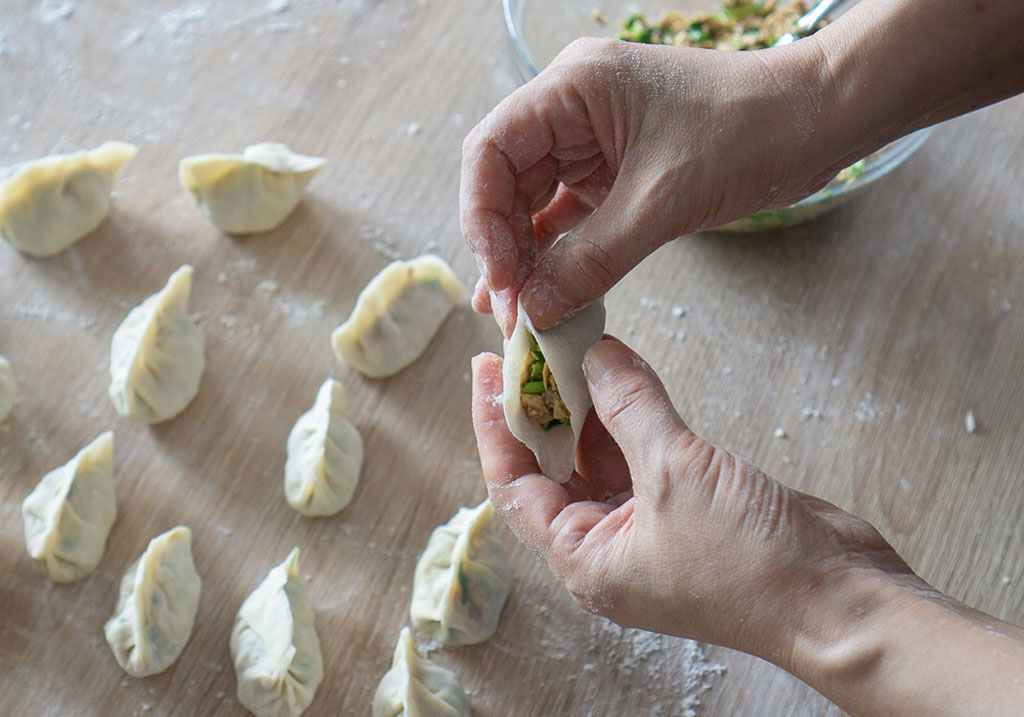
Joy became a vegan to improve her health. Now she shares vegan recipes online and even published a cookbook that has plant-based alternatives for popular Singaporean and other Asian dishes.
What inspired you to switch from being a vegetarian to a vegan?
Joy: Mainly digestive issues. I found that if I stopped eating certain things, I would feel a lot better. At that point, I also started thinking about making my own food. I just slowly cut down on dairy. When I was vegetarian, the only animal-based (food) I ate was dairy, so I felt the transition was very easy for me. It was just about finding good alternatives.Is there more to veganism than just what people eat?
Joy: Yes, a lot of vegans I know are vegan for different reasons. Most vegans I know extend it to other aspects of their lives. They don't want to buy anything containing animal materials like leather, silk or wool. I do try to do that. I make sure most of the self-care products I buy for myself are vegan, meaning no animal testing and have no animal products (in them).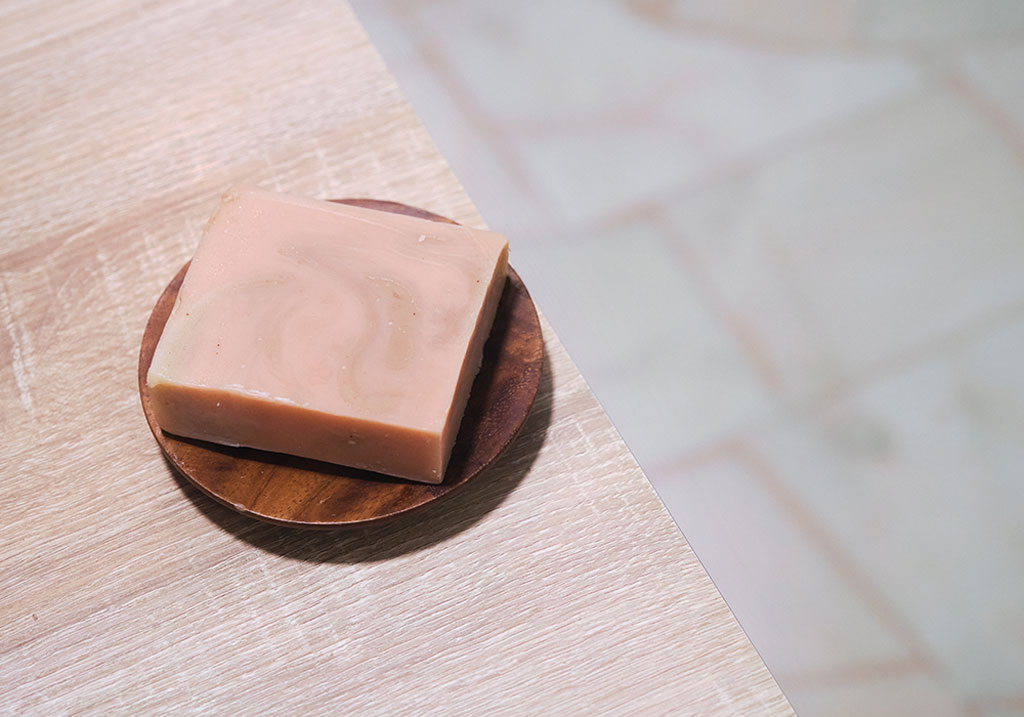
Beside eating only vegan food, Joy opts to use vegan products like soap (above) as well. These have not been tested on animals or contain any animal ingredients or animal-derived ingredients.
Do you find yourself having to make sacrifices as a vegan?
Joy: I think in some situations, I'm sacrificing convenience. Sometimes it's just more convenient to buy, for example, non-vegan face wash. I would say almost all the face wash that you find in regular supermarkets probably contain animal ingredients or they’re probably tested on animals. For the certified vegan ones, I usually have to buy them online and wait for them to be shipped to my house. It's just a matter of convenience for me, but it’s nothing major.Is being a vegan expensive?
Joy: I will say it depends on the kind of lifestyle you want. If you don’t cook, and don’t want to spend a bit more money, you’ll just end up eating junk food every day. If you want to live an extremely healthy lifestyle, like eating lots of superfoods…of course it’s expensive. If you want the healthiest of it and you want zero effort, then you have to spend a lot of money.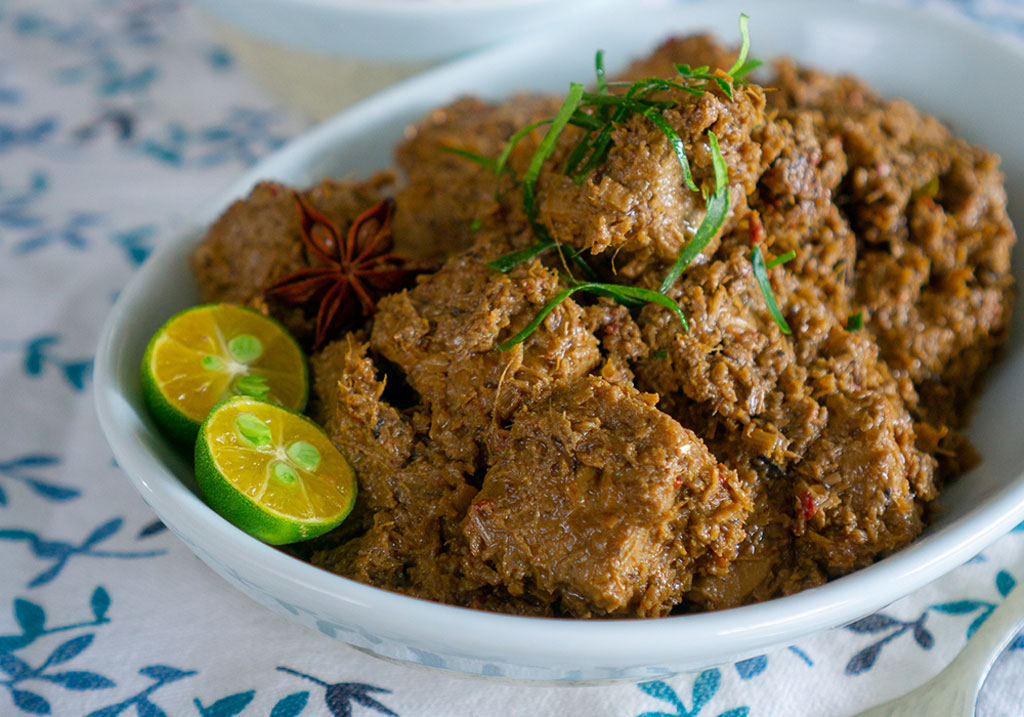
As a seasoned vegan cook, Joy can easily find substitutes or improvises the recipes of popular dishes. For example, when making rendang, she uses tempeh (a traditional Indonesian food made from fermented soybeans), instead of beef. (Image courtesy of Joy Yuan)
How do you go about choosing your substitutes when making famous Asian dishes plant-based?
Joy: I don't think of it as substituting. For me, I just think about the group of ingredients that I can use, and I try to make something familiar with them. I mean, sometimes if you have to substitute something, it depends very much on the dish. For example, when I make carrot cake, instead of adding egg, I put in some tofu mashed with turmeric so there’s a bit of colour, and I add some black salt. It doesn't taste or feel 100 per cent like egg, but it has the same purpose.Do you have issues eating out with non-vegan friends? Was the adjustment for them or you?
Joy: I will say it depends on the place. Travelling can be a bit difficult, but in Singapore, generally, it has been easy. Now, most places have at least one vegetarian or vegan option on their menu. It's only a problem when my friends want to go to an eating place like Jollibee (a fast-food chain known for its chicken meals), for example, which happened in the Philippines. If they want to go to a fast-food place, then there's nothing much I can eat there. If that happens, I will try to eat somewhere else and then join them to sit for a while or just have a drink.Do you feel there are misconceptions about vegans or veganism?
Joy: Yes, but not so much as before. It also depends on the person that you're talking to, all sorts of people out there. Some parents think that their kids are just going through a phase. Some parents aren’t supportive at all. The younger generations are more curious. There are some people, however, who are at the far end of the spectrum. They don’t think it’s a positive thing or get very triggered if you mention veganism.Why do you think so?
Joy: I think they just feel subconsciously hurt as if I’m judging them, which I’m not. Although I'm just doing my own thing quietly, some people take offence. They might feel like we are forcing them to reflect (on their way of life). But they might not want to reflect or don’t feel comfortable doing so, so they just start thinking negatively about vegans.Have you received any kind of abuse online?
Joy: Actually, not much. Once, I received a very passive-aggressive email saying, “Oh, the food you cook is probably not nice.” and “Your friends or family have probably been lying to you.” I don't even know that person, so I didn’t mind it much.What are your hopes for the future of veganism in Singapore?
Joy: I think it’s heading in an interesting direction. There’s more awareness and interest in alternative meat and proteins. “Plant-based” is used as a buzzword now. More research and development is happening in Singapore with all kinds of alternative proteins like lab-grown pork, chicken and shrimp. Personally I won’t eat those because I don’t know how my body will react having not eaten meat proteins for so long, but I know some vegans may choose to eat them.Do you have any advice for somebody who is considering veganism?
Joy: I think it's important to do your research first, especially on nutrition. See a nutritionist if you need to. When some people go vegan, sometimes they don't eat the right foods or they can't find foods that are suitable for them. For example, girls need more iron, so they need to know where to get the iron. Some people suddenly change their diet so much that their body is not accustomed to it, they start to feel bad and then they blame the diet. So it’s best to do research first, find out what works best for you, and then go step-by-step.To find out more about Joy’s vegan recipes, get a copy of her book, or to read her guide to being vegan in Singapore, visit More Than Veggies or find her on Instagram (@morethanveggies).





